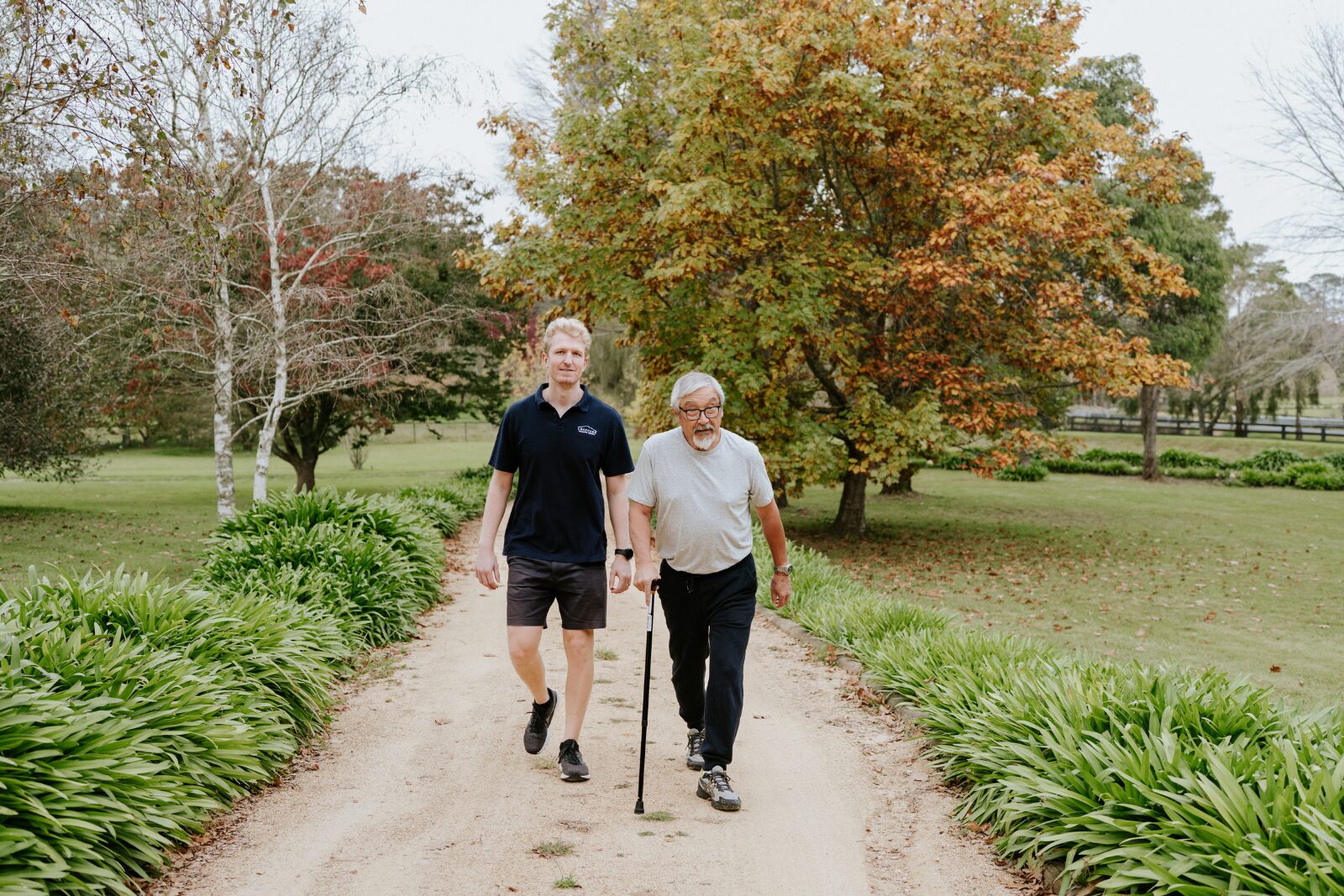In the pursuit of health and wellness, sometimes the simplest activities can offer the greatest benefits. Among these, walking stands out as a powerful yet often underestimated tool for improving overall health. Beyond being a convenient and accessible form of exercise, walking holds the key to reducing the risk of numerous health conditions and enhancing both physical and mental well-being.
Heart Health and Beyond
Did you know that just 30 minutes of walking a day can significantly reduce the risk of heart disease, stroke, and Type 2 diabetes? Studies have shown that regular walking can lower the risk of heart disease and stroke by 35%, while also slashing the risk of Type 2 diabetes by 40%.
But the benefits of walking extend far beyond the cardiovascular system. Engaging in regular walking can help manage weight, blood pressure, and blood cholesterol levels. It plays a crucial role in preventing and controlling diabetes and reducing the risk of certain cancers. Walking also contributes to maintaining bone density, reducing the risk of osteoporosis and fractures, while also improving balance and coordination to prevent falls and injuries.
Mind and Mood
The advantages of walking aren’t confined to physical health alone. Regular walking has been linked to improved mood and mental well-being. The release of endorphins during physical activity can elevate mood and reduce feelings of stress and anxiety. Over time, these daily walks can cumulatively contribute to better mental health, providing a natural and accessible way to boost our overall well-being.
Setting Goals and Finding Your Pace
The good news is that incorporating walking into your daily routine doesn’t require a drastic lifestyle overhaul. According to health guidelines, adults aged 18-64 should aim for at least 150 minutes of moderate physical activity per week, which translates to just 30 minutes a day on five days of the week. Breaking this time into three 10-minute sessions throughout the day can yield equivalent benefits, making it easier to fit into busy schedules.
For those already meeting these recommendations, increasing the intensity or duration of your walks can provide even greater health benefits. Whether it’s picking up the pace or adding more vigorous activities like jogging, pushing yourself beyond your comfort zone can elevate your fitness level and enhance the rewards of your efforts.
Start Where You Are
Remember, some activity is always better than none. If you’re new to physical activity or currently inactive, don’t be discouraged. Start with small, manageable goals, such as a brisk 10-minute walk, and gradually increase the duration and intensity as your fitness improves. Consult with your healthcare provider for personalised guidance on safely incorporating physical activity into your routine, especially if you have existing health concerns or conditions.
Conclusion
In a world full of complex fitness regimens and trendy exercise fads, it’s easy to overlook the humble act of walking. Yet, as research continues to show its benefits for both body and mind, it’s clear that walking deserves a prime position in our pursuit of better health. So, lace up your sneakers, step outside, and embark on a journey towards improved well-being—one step at a time. If you’re looking for additional guidance or support on your journey consider consulting a qualified Mosman physiotherapist. At LeapCare Health Group we can create a personalised plan to address your specific needs and help you move with greater ease and confidence.
Reference: The Heart Foundation, Benefits of Walking, https://walking.heartfoundation.org.au/benefits



